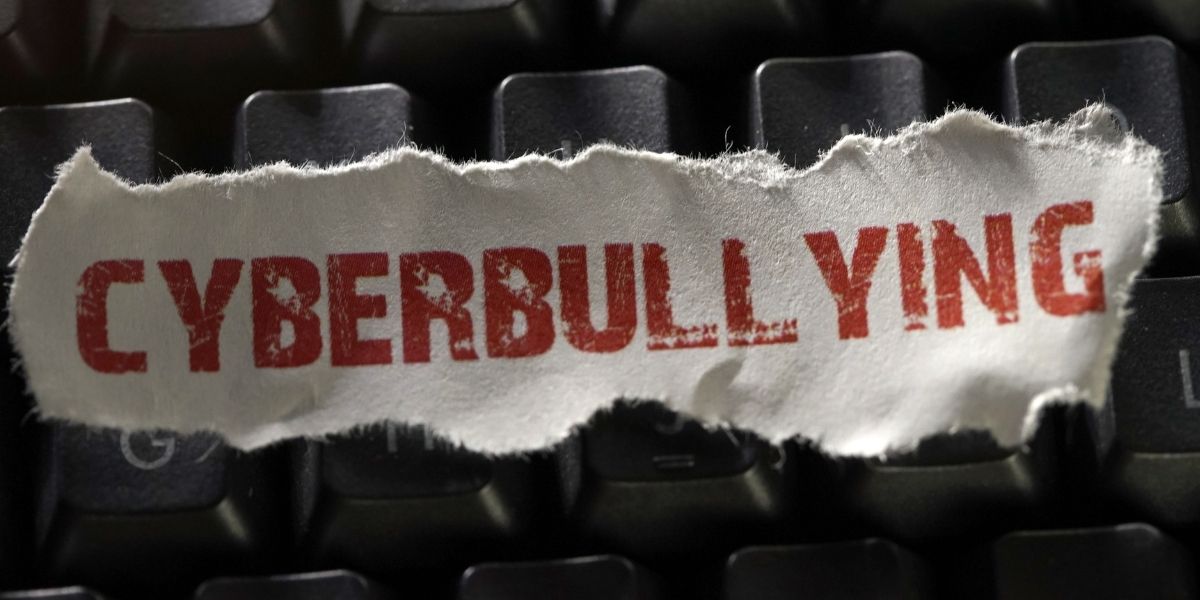Cyber Bullying has become a major problem that many children face every day, whether they realize it or not.
Every parent wants their child to be safe, both physically and online. The good news is that the best way to make sure your child stays safe online is to keep them close by your side when they are using the internet.
It’s also essential to teach them cyber safety rules and what to do if they ever find themselves in an uncomfortable situation while using the internet or their cell phone or computers.
Child and Teen Cyber Bullying Statistics
Cyber Bullying is an epidemic, and a growing number of children are being affected by it. The statistics below reveal just how extensive cyber bullying has become in society today.
As a parent, it’s important to first educate yourself on these facts so you can protect your child as much as possible from becoming a victim or perpetrator of cyberbullying.
The problem isn’t going away anytime soon—in fact, it’s getting worse.
Let’s see some facts and latest statistics worldwide – and read them twice!

- Young people (10-16 years) who accessed or shared sexual content or images of cyberbullying or violence had up to a 50% higher risk for thoughts of suicide. (JAMA Network Open, September 20, 2021)
- A survey of more than 6,000 10-18-year-olds from June to August last year found that about 50% of children had experienced at least one kind of cyberbullying in their lifetime, according to a report published in February by the European Commission’s Joint Research Centre (JRC).
- There has been a 70% increase in the amount of bullying/hate speech among teens and children in the month since the Covid lockdown began. (DigitalTrends.com, April 8, 2020)
- One in three young people in 30 countries said they have been a victim of online bullying, with one in five reporting having skipped school due to cyberbullying and violence, in a new poll released by UNICEF and the UN Special Representative of the Secretary-General (SRSG) on Violence against Children. (UNICEF, September 3, 2019)
Read More at Enough.org
What Is Cyber Bullying?
The first step in protecting your child from cyber bullying is to educate yourself on what it is. While most people understand bullying, some don’t realize that bullying can happen virtually.
If a child or teen is being bullied online, they are likely receiving mean or threatening messages over text message, email, instant messaging apps like WhatsApp, and other forms of social media . Survey of more than 6,000 10-18-year-olds from June to August last year found that about 50% of children had experienced at least one kind of cyber bullying in their lifetime, according to a report published in February by the European Commission’s Joint Research Centre (JRC).
Cyberbullies may also post hurtful comments about their target on Tiktok, Twitter or Facebook posts. They may even create web pages dedicated to harassing their target.
Cyberbullying is a newer term for an old problem.
It’s defined as willful and repeated harm inflicted through the use of computers, cell phones, and other electronic devices. Cyberbullies harass others by sending hurtful or mean messages, often anonymously. Kids who are bullied over social media can suffer just as much—if not more—than kids who are bullied in person.
If your child has been cyberbullied, it’s important to know what steps you can take to help him or her cope with—and overcome—the problem.
How To Prevent Child Cyber Bullying

Cyberbullying is becoming a growing concern among parents and administrators. Some estimates claim that 1 in 3 students have been bullied online in some way, with many cases of severe harm or even death from bullying incidents. These are startling statistics. Cyberbullying can be just as harmful to children as traditional bullying, so it’s important to teach kids how to recognize cyberbullies early on before they become victims themselves. Learn how you can spot these bullies and put a stop to their hurtful behavior today.
Cyber bullying is one of those issues that remains hard for parents and educators to address, even though kids today spend almost as much time online as they do at school . The major issue here is one of safety, particularly in regard to children.
The most important step you can take as a parent is to make sure your child knows not to share personal information online — no email addresses, phone numbers, full names (if they’re under 18), pictures, etc. In fact, if you’re still using Facebook yourself as an adult, ask yourself why you’re doing so; taking down all personal info from social media pages makes a lot more sense than leaving them out there for any creep with a computer and bad intentions to find.
Next step is that Parents need tools that can help keep their kids safe online. Luckily, these days you have tons of options available when it comes to internet security — including many that work well with mobile devices too, but you should be careful as you are sharing your children data with third-party. Always first consult with someone who have experience to bring you most valuable tools and advices, but in same time to keep your child privacy untouched.
One of few companies offering Free Consultation for Parents about Cyber Bullying is
SC Consulting, don’t hesitate to contact them and find the right solutions to protect your child against internet predators and any other malicious activity on internet.
Experienced team with Security Experts and Psychologists can offer you as a parent better future and safe surfing for your child.
Why Does Child Cyber Bullying Happen?

Cyberbullying is a serious problem. It seems as though every week there’s another story in the news about a child cyberbully who has to be physically removed from their school because of how aggressive they’ve become toward other students online.
But why do children bully one another? What makes them so viciously aggressive towards each other, even behind closed doors? It might not have anything to do with social media itself.
If you’re worried about your kids being cyberbullied, it’s important to look deeper into what drives their actions on social media.
Make sure that you know what could happen if children use social media unsupervised. Parents need to know that schools are getting involved when children are cyberbullying one another—but only if parents report them! After all, early intervention is key to keeping a child safe from harm.
Speak up! No child should have to suffer alone.



